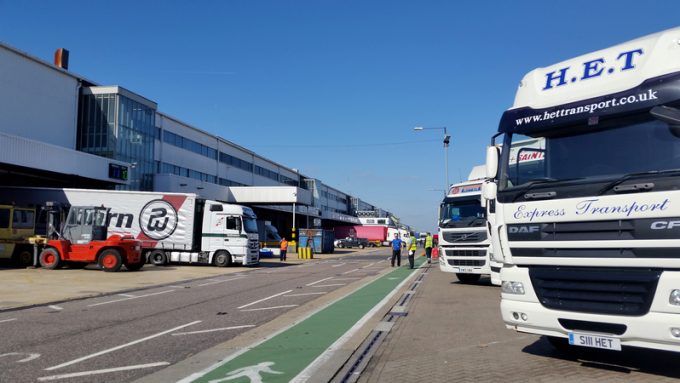UK-EU trade 'reset' could be on the cards if France uses its 'clout'
A bilateral agreement between the UK and France could offer Britain its best opportunity for ...

Lufthansa Cargo has imposed security charges for all cargo departing the UK on road feeder services (RFS) for onward flights out of its European hubs.
Following Brexit, EU law no longer recognises trucked cargo from the UK as secure, and requires such goods to undergo rescreening before onward flights.
Lufthansa told customers their cargo departing the UK via RFS would be subject to ’security charges for unknown cargo’ of £0.15/kg ($0.20), or a minimum of £17.25.
The carrier said: “We are legally obliged to ...
Volcanic disruption at Anchorage could hit transpacific airfreight operations
Macron calls for ‘suspension’ – CMA CGM's $20bn US investment in doubt
De minimis exemption on shipments from China to the US will end in May
Forwarders stay cool as US 'liberation day' tariffs threaten 'global trade war'
Trump tariffs see hundreds of cancelled container bookings a day from Asia
Mixed response in US to 'Liberation Day', while China leads wave of retaliation
Tariffs and de minimis set air freight rates on a volatile course

Comment on this article